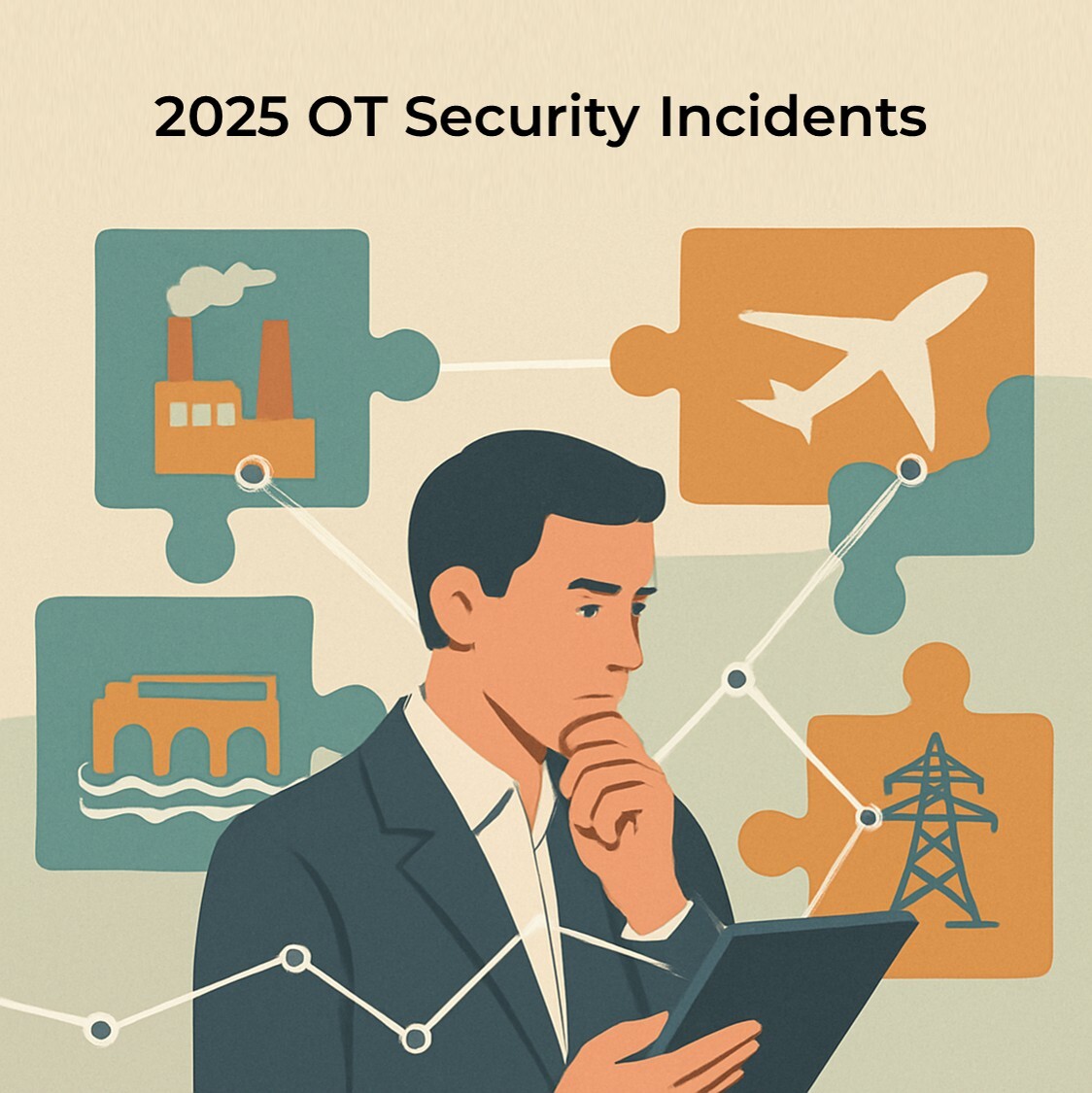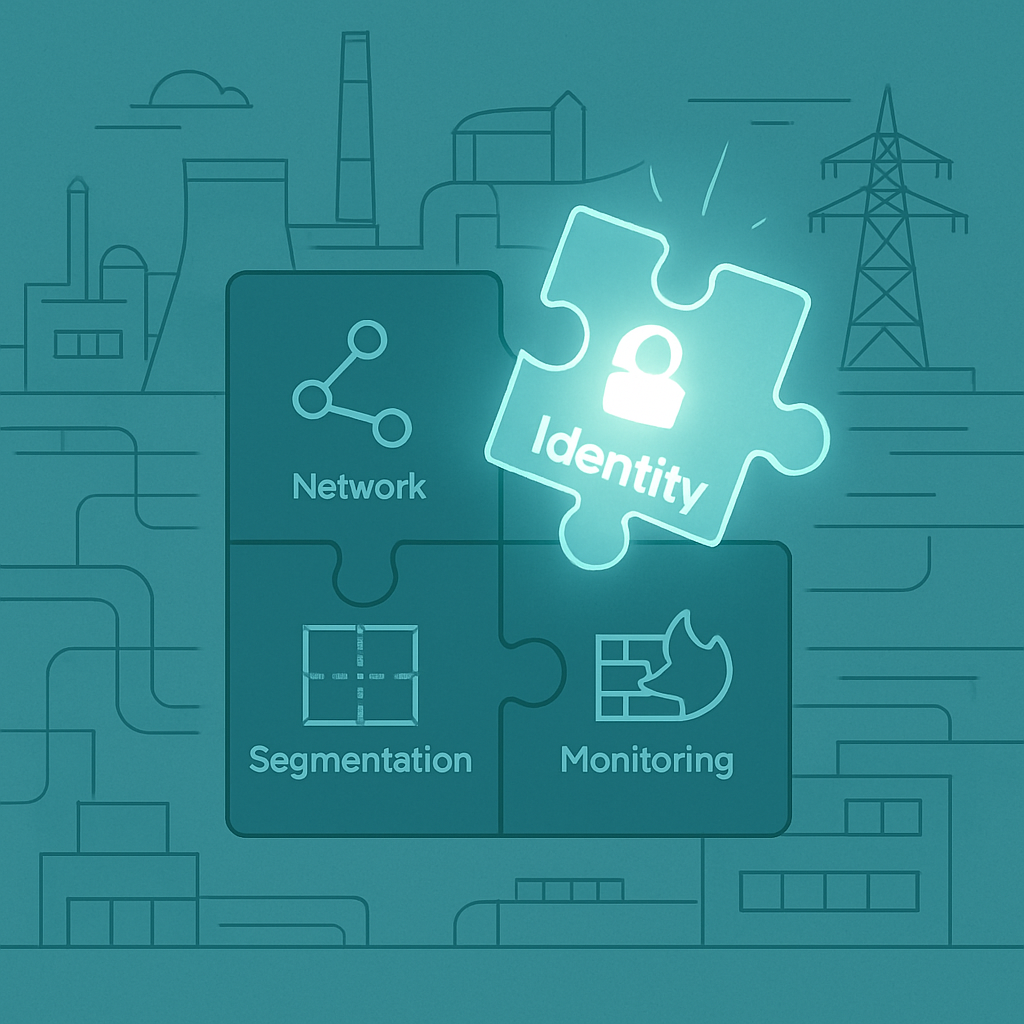What is the solution to the current digital key for security, to limit user inconvenience?
%204MP.jpg)
Digitalization extends to spaces ranging from offices and homes, aircraft to subways, and now automobiles; the mobility field is also rapidly being digitalized. In particular, in the process of converting a car to a connected car, we are replacing the physical key with a digital key contained in a smartphone.
How digital keys influence the economy
The spread of digital keys goes beyond the convenience of car users and has a significant impact on the economy. This is because it directly affects the current mobility sharing service with the delivery and return of physical keys. According to market research firm Facts and Factors, the global shared mobility market is expected to grow rapidly from $99 billion in 2019 to a $238 billion in 2026. Looking at the annual average growth rate (CAGR) alone, it reaches a 15.42%.
Considering that most mobility sharing services currently provide non-face-to-face services with digital keys on smart phones, digital keys reduce labor costs and convenience and can be provided instantly. However, digital keys are also facing various challenges as they enter the stage of commercialization.
Examine a complicated security process to prevent hacking damage
The current digital key service downloads the smart phone's digital key and the vehicle's disposable key from the server to prevent hacking problems that may occur when using a fixed key. The vehicle then compares the key received from the smartphone and directly from the server to decide whether to permit control or not.
As the smartphone and the vehicle must receive the key from the server every time the vehicle is controlled, a delay problem occurs due to the network speed while controlling vehicle, resulting in reduced convenience for the user. In addition, the vehicle cannot be controlled in an area where the communication network is not functioning properly.
This situation is not only applicable to countries where the supply of communication networks is insufficient. It also occurs underground in city parking lots or areas far from urban centres. These issues currently require users to contact their key providers, refer to product manuals, repeat processes (the ‘try again’ adage) or liaise with consultants in order to resolve the issue.
For this reason, the digital key in many instances can be less convenient when compared to its physical counterpart, the traditional car key.
The role out of 5G communication is expected to play a critical role in the spread of connected cars. However, substantial and far-reaching coverage will still be required for the connected car environment to fully benefit. Therefore, we may still be a long way from forming a connected car environment that enables communication without limit.
What if authentication is available with a dynamic code without the need for a communication network?
swIDch's OTAC digital key provides an impressive solution to this concern, using instead a dynamic code to boost security. The dynamic digital key generated by the user's smartphone cannot be validated at any other time. Even if a hacker steals the current code, the vehicle can never be controlled, removing the threat of hacking from service company minds.

Moreover, the fact that this technology can fully function and operate in an environment without communication signals is expected to be a major breakthrough in the spread of digital keys. When the dynamic digital key generated by the smartphone is transmitted to the vehicle in one direction, the vehicle independently verifies the key to determine whether to control it. Therefore, service companies and users alike need not worry about the network connection status of the vehicle.
Mobility sharing services continue to expand to personal mobility (PM) such as bicycles and electric kickboards as well as cars. Since personal mobility is used in every nook and cranny where cars can't be driven, digital keys are expected to be applied to more and more mobility fields, once its security issues are resolved.

The OT and critical infrastructure incidents we witnessed throughout 2025 showed, with unusual clarity, where attackers

2025 was marked by a series of real-world OT and infrastructure incidents across Europe and North America. A dam gate

Even after a year filled with operational technology (OT) security investments, audits, and framework updates, one
Looking to stay up-to-date with our latest news?